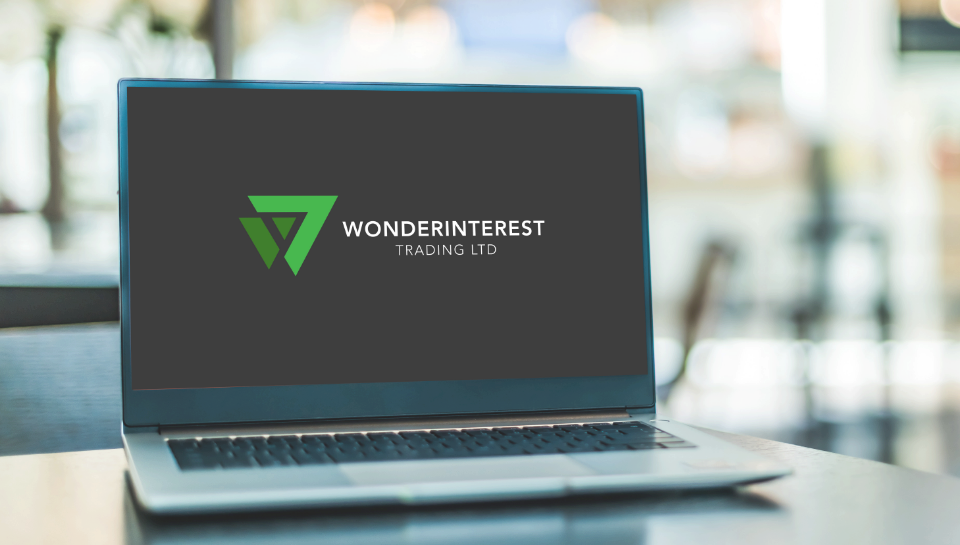Stock trading
Stock trading is the buying and selling of a company's shares in a short period of time in order to make a profit. Most newcomers start their trading journey with this asset.
Buying or selling shares is not a complicated matter and can usually be handled by anyone. If you buy a physical share, you are actually buying a "piece of the company" and becoming the owner of a certain part of the company. The share certificate, which is now also recorded electronically, is considered as a proof of ownership. By buying shares you also become a shareholder. This means that you have access to your share of the company's profits and to all the voting rights attached to the shares. It is important to understand that owning shares does not necessarily mean that you have the right to make decisions about the day-to-day running of the company. Shares are bought and sold either publicly or privately. A trader has a choice and can buy different types of shares. The reason why companies sell their shares is to raise funds to grow and expand their operations or for the purpose of improving the business.
Derivatives trading
Each type of trading instrument is ideal for different types of investors. Derivatives trading can be described as the buying and selling of contracts. A derivative is a contract whose value is mostly or entirely derived (derivative) from an underlying asset. The basic types of derivatives include options, futures, forwards or swaps. This type of trading is more for the really experienced trader
What is CFD trading?
This type of trading can be defined as the buying and selling of CFDs, with CFDs being defined as a contract for difference. CFDs (Contract for Difference) are a derivative product because they allow traders to speculate in the financial markets without having to take ownership of the underlying assets.
It is actually an exchange of the difference in the price of an asset from the moment the contract is opened to the moment it is closed. Trading CFDs can mean a potential gain but also a potential loss. It is therefore important to understand that it is a high-risk instrument that has both advantages and disadvantages. The main disadvantage is that, unlike with physical shares, a CFD trader's poor guess as to the direction of price movement can lead to a complete loss of the funds invested (in the case of trading real shares, the trader remains the owner of the shares despite the downturn). One of the main advantages of CFD trading, on the other hand, is that it is possible to speculate on price movements in either direction. The final profit or loss depends on the accuracy of the trader's prediction.
